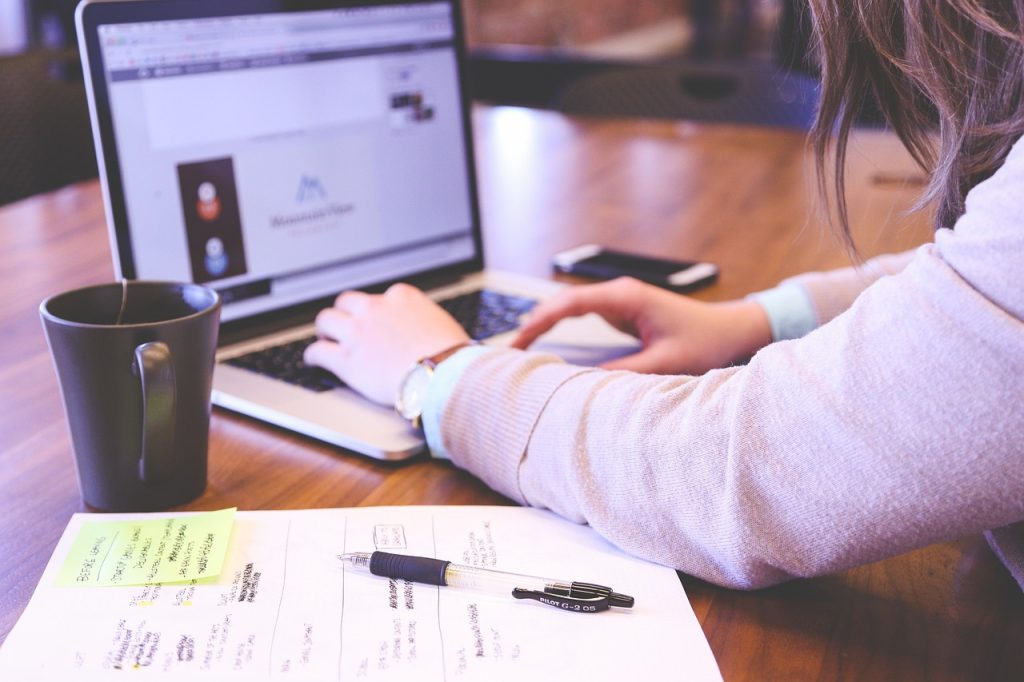Education is the foundation upon which individual growth and societal development are built. For women, it has been the most powerful tool for breaking down barriers, fighting inequality, and transforming lives.
Throughout history, women have faced challenges in accessing education, but as more women are educated, the ripple effect spreads through families, communities, and entire nations.
This blog explores how education empowers women, the challenges they still face, and why ensuring equal access to education is essential for achieving gender equality globally.
The Role of Education in Women’s Empowerment

Education does more than just impart knowledge. It fosters critical thinking, builds confidence, and opens doors to opportunities that were previously out of reach. When a woman is educated, she can make informed decisions, advocate for herself and her family.
And break free from cycles of poverty and dependence. Education gives women the skills to participate fully in economic, social, and political life, leading to a more balanced and equitable society.
For generations, access to education has been a privilege that many women have been denied. The struggle for equality in education is part of a larger fight for gender equality, where the goal is to give women the tools to live freely and fully.
When women are empowered through education, the impact is transformative—not only for them but for entire communities. Studies show that educated women are more likely to invest in their children’s health and education, contributing to the overall well-being of future generations.
The Link Between Education and Gender Equality

Gender equality cannot be achieved without equal access to education. When women are given the same educational opportunities as men, they are better equipped to take on leadership roles, become entrepreneurs, and contribute to the workforce.
Equal education also fosters respect and understanding between genders, reducing biases and promoting a more inclusive society.
However, the path to gender equality through education is often fraught with challenges. Cultural norms, economic barriers, and societal expectations can limit access to education for women, particularly in marginalized communities.
In some regions, girls are forced into early marriages, or they are kept at home to help with household chores, cutting their education short. These challenges make it harder for women to break the cycle of inequality, but education remains a powerful tool to address these issues.
Economic Empowerment Through Education
One of the most significant ways education empowers women is by giving them economic independence. With an education, women can pursue careers, start businesses, and contribute to the economy.
This financial independence leads to greater self-confidence and the ability to make choices about their own lives. Educated women are also more likely to advocate for fair wages, seek employment in higher-paying fields, and challenge discriminatory practices in the workplace.
In many countries, women have made great strides in education and employment. Yet, they are still underrepresented in leadership positions and are often paid less than men for the same work. Education helps close this gap by equipping women with the skills and knowledge needed to excel in all sectors, from business to science to politics.
Educated women are more likely to step into leadership roles and become advocates for change. They challenge the status quo, push for policies that promote gender equality.
Inspire others to follow in their footsteps. Women who are educated have a voice in shaping the future, whether in government, businesses, or communities.
Education as a Path to Leadership

Leadership, however, goes beyond holding high-ranking positions. Every educated woman who makes informed decisions about her family, health, or career is exercising leadership in her own life.
These personal leadership moments have a ripple effect, inspiring others and contributing to a society where women’s voices are heard and respected.
Overcoming Barriers to Education for Women
While the importance of education is undeniable, many women still face significant barriers to accessing it. Economic constraints are one of the largest obstacles.
Families with limited resources may prioritize education for boys over girls, believing that boys have a higher earning potential. Additionally, in some communities, cultural norms and expectations can prevent girls from continuing their education past a certain age.
The lack of safe, supportive educational environments is another barrier. In some regions, girls are vulnerable to harassment or violence when attending school.
Furthermore, a lack of female role models in education and leadership positions can discourage girls from pursuing higher education or careers in male-dominated fields.
Addressing these barriers requires a concerted effort from governments, organizations, and communities. Investment in girls’ education, scholarships, mentorship programs, and initiatives to make schools safer
More inclusive are all essential to breaking down the walls that prevent women from accessing education.
The Power of Lifelong Learning
Education doesn’t stop after formal schooling. Lifelong learning is essential for women to continue growing, adapting to changes in the workforce, and developing new skills. For many women, adult education, vocational training, and online learning platforms provide opportunities to gain new knowledge and advance their careers.
Lifelong learning also helps women keep pace with technological advancements and remain competitive in a rapidly changing world.
Programs that encourage lifelong learning for women empower them to step into new roles, take on leadership positions, and continue contributing to their families and communities.
Whether through professional development courses, community education programs, or self-study, continuous learning fosters resilience and adaptability—key qualities for any empowered woman.
Education and Health: A Critical Link
Education is also closely tied to health. Educated women are more likely to have access to information about reproductive health, nutrition, and healthcare services. They are more likely to understand and advocate for their own health needs and the health of their families.
Studies have shown that women with education are less likely to suffer from preventable diseases, more likely to seek medical care when needed, and better able to take control of their reproductive health.
This connection between education and health creates a virtuous cycle. Healthy women can contribute more effectively to their communities and economies, and they are more likely to invest in the education and health of their children, creating a lasting impact for generations to come.
How Communities Benefit from Educated Women
When women are educated, the benefits ripple out to the entire community. Educated women are more likely to participate in civic life, advocate for policies that benefit everyone, and take leadership roles in community organizations.
They become role models for other women and girls, showing them what is possible with education.
Communities with educated women tend to experience lower rates of poverty, better healthcare outcomes, and greater economic stability. In this way, education not only empowers individual women but also strengthens the entire community.
By ensuring that women have access to education, societies can unlock the full potential of half their population and create a more balanced, fair, and prosperous future.
Conclusion: Education as the Catalyst for Change
Empowering women through education is not just about providing them with knowledge—it’s about giving them the tools to change their lives and the world around them. When women are educated, they can take control of their destinies, contribute to their communities, and drive progress on a global scale.
Achieving gender equality requires a sustained effort to break down the barriers that keep women from accessing education.
By investing in women’s education, promoting lifelong learning, and creating safe, supportive environments for girls and women to learn, we can move closer to a world where gender no longer determines a person’s opportunities or potential.
Education is the key to unlocking the power within every woman. When women are empowered, societies flourish. The future of equality lies in the hands of educated women who are ready to shape a better, fairer world for everyone.

